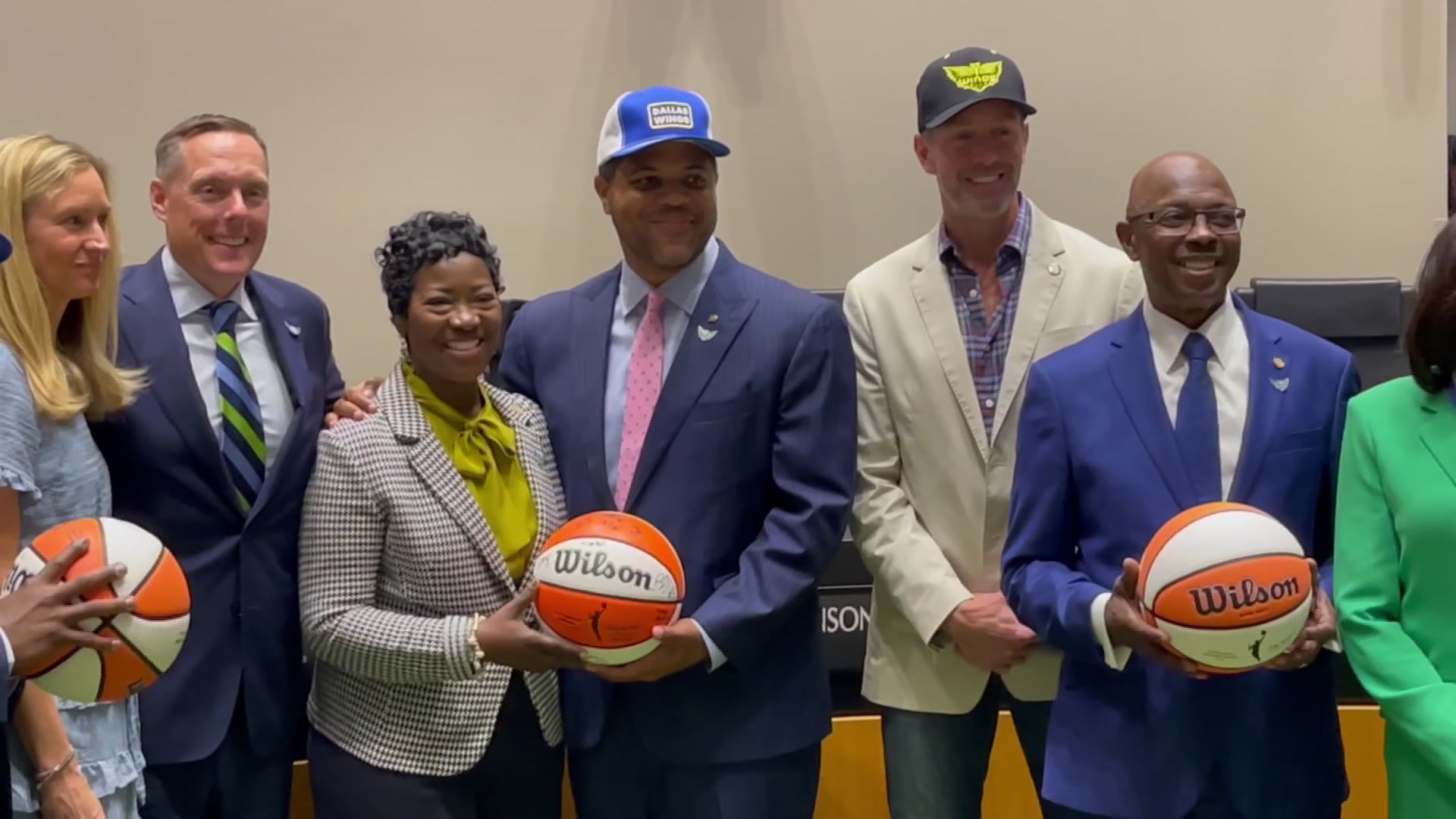Luxury retailer Neiman Marcus plans to raise up to $100 million by returning to the stock market with an initial public offering.
That amount is likely to change, though, as bankers gauge investor interest. The plan to go public, announced in a regulatory filing Monday, comes about eight years after private equity firms TPG Capital and Warburg Pincus bought Neiman Marcus for $5.1 billion.
Neiman Marcus has benefited from affluent shoppers who are willing to drop $1,000 for a pair of stilettos. During the recession, Neiman Marcus was not as hurt by the consumer spending pullback as other retailers, because the wealthy suffered less in the poor economy.
Still, the initial public offering comes at a time when the stock market, which influences luxury spending, has become volatile.
Neiman Marcus won't receive any proceeds from the offering. The Dallas company runs its namesake stores, Bergdorf Goodman, Cusp and discount shops under the Last Call brand.
The Wall Street Journal article reported in late May that Neiman Marcus recently rebuffed a proposal that would involve buyout firm KKR & Co. investing in competitor Saks Inc., the operator of Saks Fifth Avenue, and then engineering a combination of Saks and Neiman.
According to the Journal, Neiman Marcus turned down the proposal for several reasons, including the terms and the complexity of the deal. At the time, Neiman's private equity owners were looking to sell the company outright or take it public.
Local
The latest news from around North Texas.
Neiman Marcus, founded in 1907 by Herbert Marcus Sr., his sister Carrie Marcus, and her husband A.L Neiman, has had a series of owners during its rich history.
The company was sold to Broadway-Hale in 1969 and began planning national expansion outside of Texas. Through a series of deals, the retailer came under the ownership of the conglomerate Harcourt General, which also published textbooks and owned movie theaters.
In 1999, Harcourt General spun off Neiman Marcus stores and Bergdorf Goodman as its separate, publicly traded entity, the Neiman Marcus Group. In 2005, the current owners took the company private.
Neiman Marcus has a long-held reputation for coddling its wealthy shoppers with customer service that goes above and beyond the standard. In 1984, it established InCircle, the industry's first customer loyalty program.
Now, like other upscale retailers, Neiman Marcus is trying to reinvent its shopping experience for its customers who are increasingly using their tablets and smartphones to research and buy their designer goods.
In the SEC filing, Neiman Marcus Inc. did not disclose how many shares would be offered, or what the projected price range would be. A regulatory filing by the company also did not disclose what exchange it expects to list the stock on or what ticker symbol it plans to use.
For fiscal 2012, Neiman Marcus had net income of $140.1 million on revenue of $4.35 billion. The retailer had net income of $31.6 million and revenue of $4 billion in fiscal 2011.
Earlier this month the company reported that its fiscal third-quarter net income increased 13 percent on stronger sales, particularly online. Revenue from its online business jumped 15 percent in the period. Revenue from stores open at least a year, considered a key indicator of financial performance because it strips away the effects from recently opened or closed stores, increased 3.6 percent.



